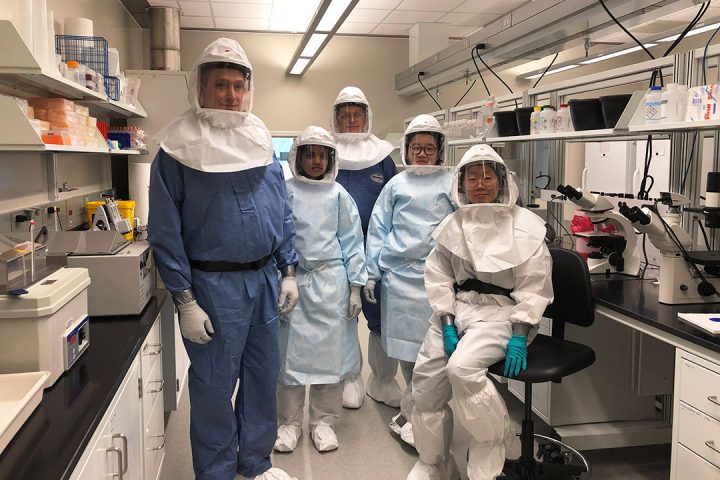An international coalition for epidemic innovation is awarding researchers at the University of Saskatchewan‘s Vaccine and Infectious Disease Organization (VIDO) $6 million for their work throughout the COVID-19 pandemic and beyond.

It’s the first-ever award that the Coalition for Epidemic Preparedness Innovations (CEPI) has given to a Canadian university.
The funding will not only help with current COVID-19 vaccine research and development for lower income countries, but also with future disease and pandemic responses.
VIDO officials say they are well-positioned to soon be an international hub for infectious disease response, and are already considered the major centre of Canada’s response.
“Just over the last 18 months alone, we’ve worked with over 100 different companies and groups and organizations from all around the world on finding solutions to COVID-19,” said Volter Gerdts, VIDO Director and CEO.

Get weekly health news
“So not only have we now developed our own vaccine, which you know is now in clinical trials, but we’re also helping others to evaluate their technologies.”
Officials from the University of Saskatchewan shared excitement over the award and the work it has taken the VIDO team to get to this point.
“Even before COVID-19 was declared a pandemic, VIDO’s expert team was the first in Canada to isolate the virus, develop a model of the disease, and have a candidate vaccine in pre-clinical testing,” explained USask vice-president of research Baljit Singh.
Both federal and provincial innovation ministries are also expecting this investment will propel Canada and Saskatchewan to the forefront and strengthen the country’s pandemic preparedness.









Comments
Want to discuss? Please read our Commenting Policy first.